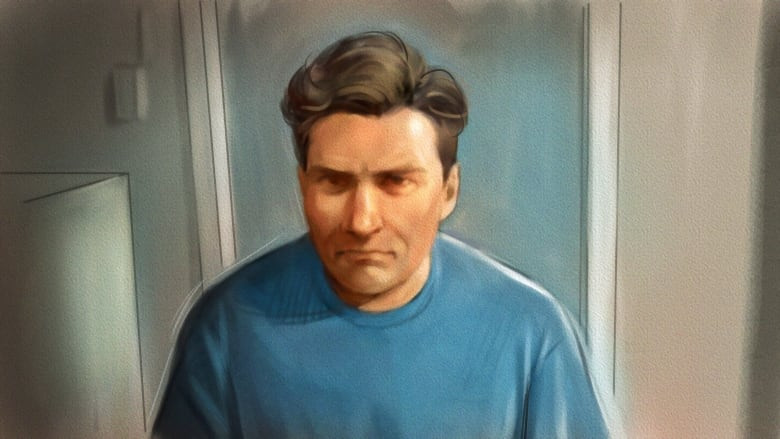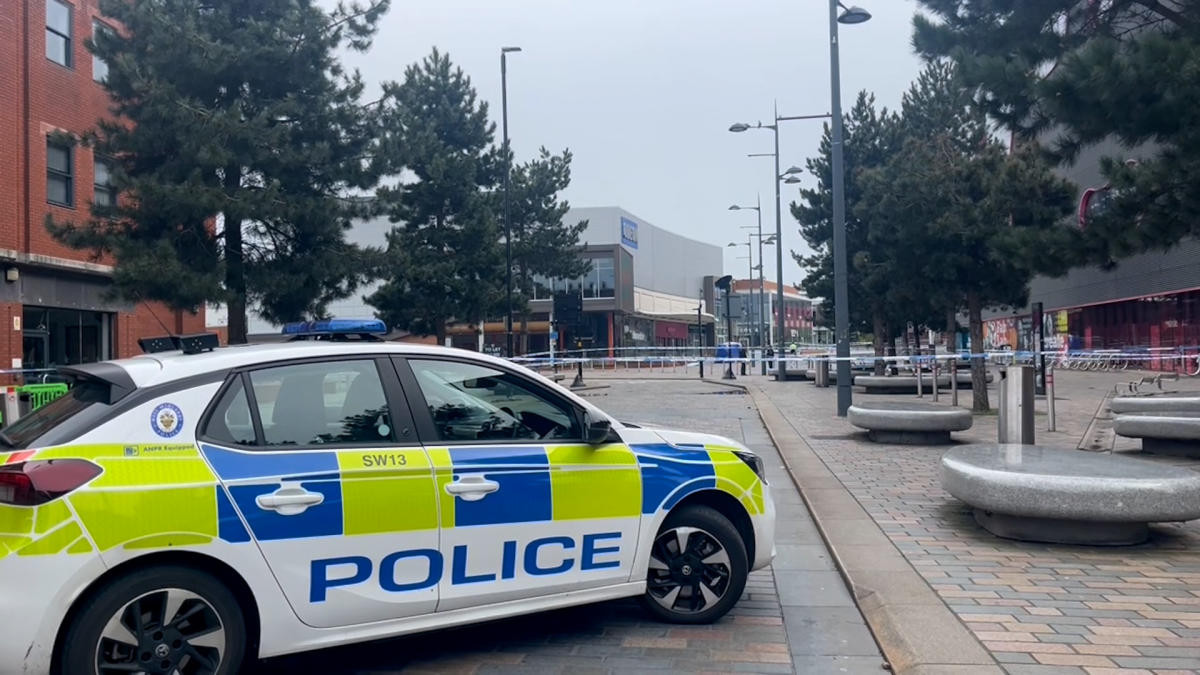Bernardo's Parole Denied for a Third Time
Notorious serial killer and rapist Paul Bernardo will remain behind bars after the Parole Board of Canada denied his parole request for the third time on Tuesday. The decision came after an emotional hearing where the families of Kristen French and Leslie Mahaffy, the schoolgirls Bernardo brutally murdered in the 1990s, delivered powerful victim impact statements, pleading with the board to keep Bernardo incarcerated. The gravity of Bernardo's crimes, his persistent risk assessment, and the enduring trauma inflicted upon the victims’ families played a pivotal role in the board's decision.
Heartwrenching Victim Impact Statements
The hearing was a poignant display of the families' unwavering resolve and the lasting impact of Bernardo's heinous acts. Leslie Mahaffy's mother, Deborah, eloquently articulated the profound and irreversible losses that the families continue to endure. The trauma extends beyond the immediate loss of their daughters, permeating every aspect of their daily lives, influencing even seemingly trivial decisions, like choosing names for their children or performing household tasks. The pain and fear experienced by the families underscore the severity of the crimes and the lasting effects of such horrific events.
The Victims' Families' Ongoing Struggle
Ryan Mahaffy, Leslie's brother, spoke of his lifelong torment, recalling how Bernardo's brutality has haunted him from childhood nightmares to adult struggles with relationships. His poignant statement highlighted how Bernardo's actions have affected his life even in the most fundamental aspects, impacting decisions like naming his children. Even simple daily tasks, like power sawing or mixing concrete trigger unwanted memories. His testimony underscores the pervasive nature of trauma.
Kristen French's mother, Donna, while unable to attend in person, submitted a powerful written statement to the board. She vividly described the agonizing reality of living without her daughter for over 11,680 days, enumerating the everyday moments – the birthday parties, the sleepovers – that were stolen from her family. This illustrates the profound, enduring grief faced by those left behind.
Parole Board's Justification for Denial
The parole board, in its decision, acknowledged Bernardo's progress during incarceration, particularly his adjustment to a medium-security facility. However, this progress was deemed insufficient to outweigh the risks he poses. The board highlighted concerns related to his clinical assessments and an overestimation of his own rehabilitation progress while underestimating the grave threat he continues to represent to society. The panel member's statement emphasizing the weight given to clinical assessments and the severity of Bernardo's crimes underscores the board's cautious approach.
Bernardo's Response and Future Implications
Bernardo, despite his expressions of remorse and attempts to downplay his actions, failed to convince the parole board of his readiness for release. His attempt to justify his actions as a form of 'revenge' for his own perceived victimhood was deemed unsatisfactory, further highlighting his lack of profound self-reflection. The board's decision underscores the ongoing necessity for extensive rehabilitation and underscores the importance of prioritizing public safety above all else. This third rejection of his parole request highlights the enduring concerns surrounding Bernardo's potential to re-offend, leaving him where he belongs: behind bars.
The Long Road to Justice: A Call for Reform
The victims’ lawyer, Tim Danson, has been vocal in advocating for legislative changes to ensure that victims’ families do not have to repeatedly endure the trauma of parole hearings every few years. He highlights the ongoing need for legal reforms that offer more effective mechanisms for protecting victims’ rights and preventing further re-traumatization. The repetitive nature of these hearings only adds to the family’s burden and underscores the urgent need for system-wide changes that better protect victims. This case continues to spark discussion on the need for changes in the legal system. The legal battles that continue to ripple from this case, such as the efforts to keep Bernardo away from victim family members during hearings and the eventual successful arrangement to allow the victims' families to have their voices heard at the hearing, serve as stark reminders of the need for continued improvements to a system that should ultimately serve justice to victims. The system must focus on the victims and the families left behind and must prioritize public safety. The families' advocacy for legal reform illustrates a crucial ongoing need. It is a plea for long-term solutions and a commitment to building a better support system for victims and their families. The fight for justice isn't just about the initial conviction; it is an ongoing struggle for recognition and protection from further harm.

















